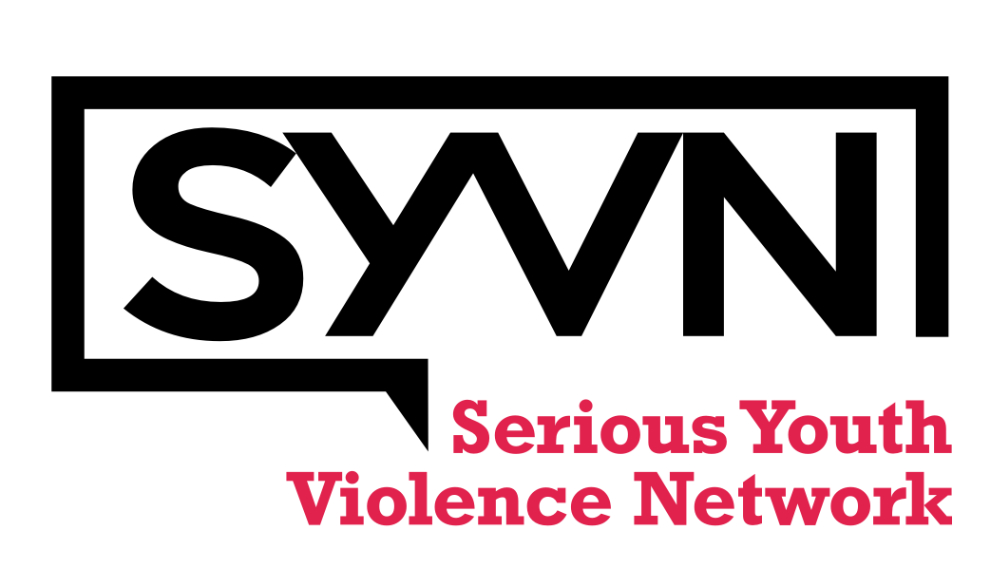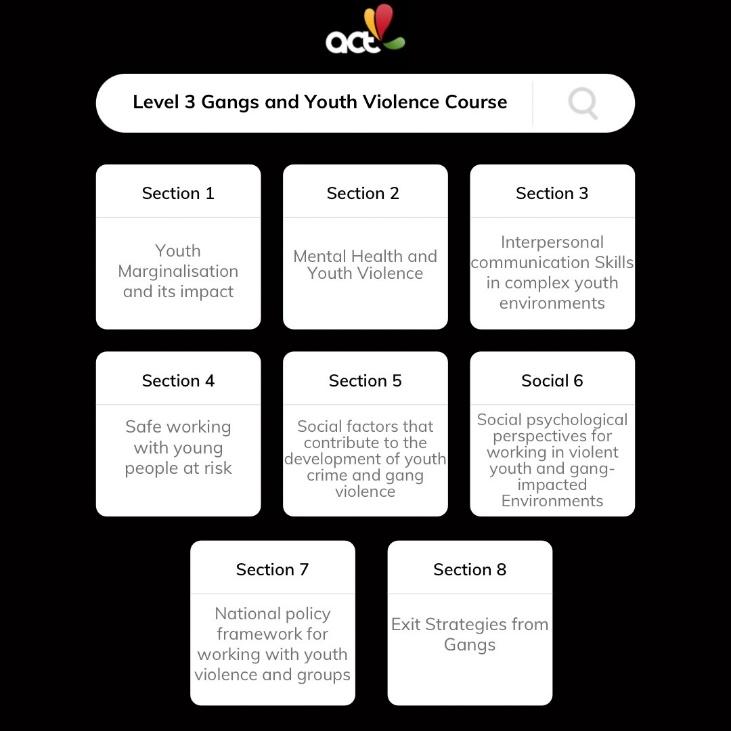Tackling Youth Violence: A Shared Responsibility
Addressing gang crime and serious youth violence isn’t just one person’s job—it’s everyone’s responsibility. It’s easy to blame parents, poverty, the police, the government, or schools, but the truth is that we all play a role in protecting our young people.
Collective Responsibility
As parents, community members, youth workers, industry professionals, and medical staff, we all have a part to play in preventing gang crime and youth violence. According to Teswal White, our CEO, “It’s no longer acceptable to rely on a few ‘heroes’ in the community to do the work. They will end up burnt out. We all have the responsibility to get involved and make a difference.”
Our Role
We are part of the Serious Youth Violence Network, dedicated to helping individuals and organizations enhance their skills and gain the confidence to work with marginalized groups and vulnerable young people. Our services include mentoring, school classes, community youth events, and educational courses for adults aiming to become qualified specialists in gangs and youth violence.
Our Beliefs
We believe that every organization involved in safeguarding young people should have qualified gangs and youth violence specialists on their team. The more professionals we have across various sectors, the more support we can provide to vulnerable young people.
AIM-Accredited Working with Gangs and Youth Violence Course
We offer two courses: the Blended Learning Certificate (28 credits) and the Distance Learning Award (10 credits). Both can be completed remotely, providing flexibility for busy professionals.
Blended Learning Certificate Qualification
- Duration: Complete within 30 weeks
- Requirements:
- Must be over 18
- Keen interest in working with young people affected by gangs and youth violence
- Ability to study at level 3 (equivalent to an A-level)
- Attend 3-hour weekly online classes (Wednesdays or Thursdays, 4–7 pm)
Award Qualification
- Duration: Complete within 12 months, depending on your schedule
- Ideal For:
- Those with experience working with young people
- Holders of a level 3 or higher education qualification seeking to specialize
Course Content
1. Youth Marginalisation and Its Impact (3 Credits)
Understand how societal pressures lead to youth isolation and involvement in gangs. Learn strategies to reduce marginalisation and its effects on communities.
2. Mental Health and Working with Youth Violence (4 Credits)
Explore the mental health challenges faced by young gang members and the impact of violence and trauma. Learn about approaches for managing and treating mental illnesses.
3. Interpersonal Communication Skills (3 Credits)
Develop interpersonal skills needed for complex youth environments. Learn about emotional intelligence and methods for building relationships with violent young people.
4. Safe Working with At-Risk Youth (3 Credits)
Learn how to stay safe while working with young people in violent situations. Understand the legislative framework for safeguarding and best practices for safe working.
5. Social Factors and Youth Violence (5 Credits)
Study the social dynamics that contribute to violent youth environments. Analyse the impact of media and social media on youth violence and gang culture.
6. Social Psychological Perspectives (5 Credits)
Delve into social psychology theories relevant to working with violent youth and gangs. Compare psychological and sociological approaches to understanding group behaviour.
7. National Policy Framework (4 Credits)
Understand the national and local policies around youth violence and how they are implemented. Learn about the roles of various agencies in addressing youth violence.
8. Exit Strategies from Gangs (2 Credits)
Learn about effective exit strategies for young people wanting to leave gangs. Develop your own exit plan and understand how to work with families and professional agencies.
How to Apply
Interested in the course? Fill out an application form, and you will be invited to attend an informal discussion about your suitability and interest.
Benefits of the Course
This course isn’t just for those working with young people; it’s also applicable to working with marginalized communities and combating extremism. Professionals from various fields, including teachers, police officers, and emergency services, have taken our course to elevate their skills and careers.
Testimonial: Laura Brown’s Experience
Laura Brown, an NHS nurse, shared her experience with the course:
“For the last three to four years, I’ve been working with young people who have experienced criminal exploitation and gangs, and there is no real training in the NHS for understanding why people join gangs, how to work with them, and supporting them out of that. I wanted to get a better understanding and have a qualification recognised for working with young people who were violent and involved in gangs.
I had an idea of why people got involved in gangs but not really the theory and how it impacts them. The course was great because it included different ways of learning, not just writing. What I enjoyed most was the diversity of backgrounds among the participants. Learning from people with lived experiences was invaluable.
I learned so much about marginalisation, something I hadn’t thought about in depth, and how to portray that to other professionals. This expanded knowledge now helps me advise colleagues on improving outcomes for young people. The course gave me more confidence, and my colleagues see me as the expert, coming to me for advice.
My manager noticed the difference too. Before I started, my team didn’t really engage with gang-related cases, but now we do, which hopefully will improve outcomes for young people. If you want to help shape changes, this is the course for you. Even small changes can make a big difference, and as an individual professional, you can impact other professionals, which in turn benefits young people’s experiences and self-esteem.”
Contact Us
If you have any questions about the Gangs and Youth Violence Course, feel free to contact us.
By becoming a qualified gangs and youth violence specialist, you can make a significant impact on the lives of young people and contribute to a safer community for everyone.
For more information about the serious youth violence network and our training programs, visit www.syvn.org.uk.
Take the scorecard (button) https://serious-youth-violence.scoreapp.com/



